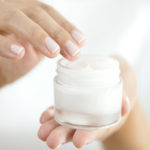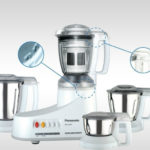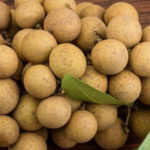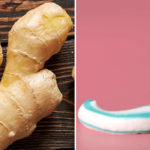In order to preserve food longer, many people often store it in the freezer compartment of their refrigerator. However, not all types of food can be properly preserved in this compartment.
Foods that shouldn’t be stored in the freezer compartment
For the following foods, the freezer compartment is not the place to store them.
Eggs
When eggs are left with the shells intact in the freezer compartment, the egg whites will expand, causing the shells to crack. At this point, eggs are very susceptible to bacterial attacks, quick spoilage, and unpleasant odors in the freezer compartment.
If you want to freeze eggs, you should separate the egg whites and yolks from the shells, whisk them thoroughly, and store them in a tightly sealed container.
Dishes made with eggs as an ingredient, such as flan, custard, should also not be stored in the freezer compartment.
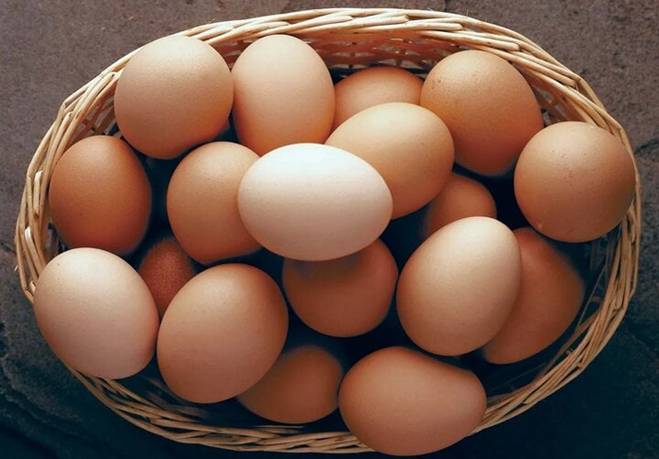
Eggs are a type of food that should not be stored in the freezer compartment. (Image: britannica)
Milk and dairy products
Milk stored in the freezer compartment may separate when thawed, and although it can still be consumed, it is not good for health.
Similarly, freezing yogurt will cause it to clump up and lose its original flavor. Therefore, the refrigerator compartment is the best place to store yogurt and preserve its original taste.
Vegetables and fruits
Vegetables and fruits are types of food that should not be stored in the freezer compartment because they have high water content. Freezing them will quickly turn the water inside into ice crystals. After thawing, fruits and vegetables will become soft, watery, lose their flavor, and lose a majority of their nutrients.
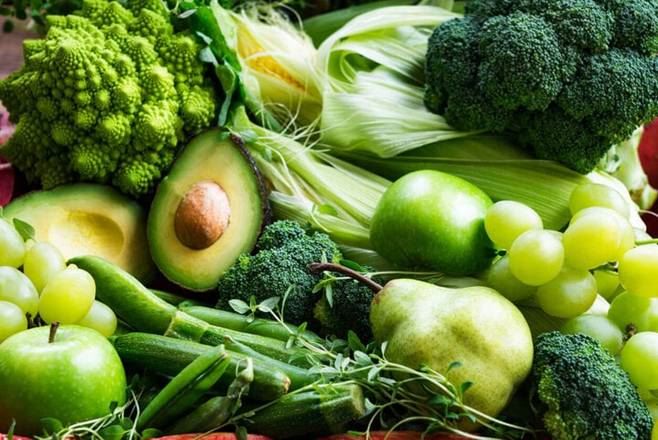
Fruits and vegetables will lose their nutrients when thawed. (Image: iStock)
Potatoes
Potatoes have a high water content, and if placed in the freezer compartment, the water inside will turn into ice crystals, causing the potatoes to become mushy after thawing and not suitable for consumption. Potatoes should be stored in a dry, cool place, away from sunlight.
Cheese
When storing soft cheese in the freezer compartment, the moisture will ruin the smooth texture. If frozen hard, the cheese will become crumbly and lose its quality. Therefore, cheese is a type of food that should not be stored in the freezer compartment.
To keep cheese fresh, you only need to store it in the refrigerator compartment.
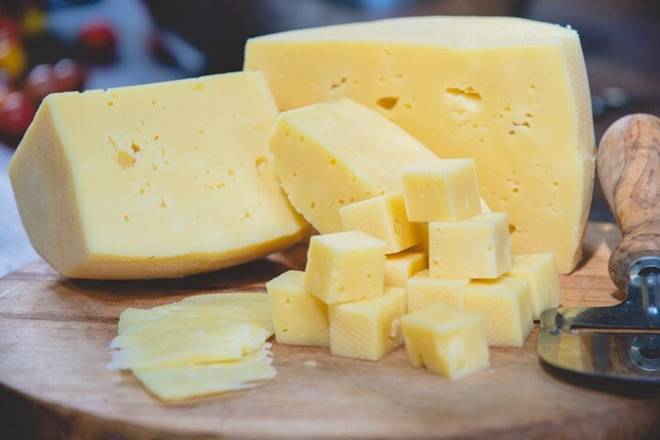
Cheese only needs to be stored in the refrigerator compartment. (Image: Homesteadersofamerica)
Garlic
Garlic is a type of food that should not be stored in the freezer compartment nor the refrigerator compartment. Garlic tends to become bitter and develop a strong taste when frozen, which can adversely affect digestion. The best way to store garlic is at room temperature in a dry, dark, well-ventilated area to prevent sprouting.
Coffee
Coffee at low temperatures will reduce its flavor and quality. Additionally, coffee has a high ability to absorb odors, so if stored together with other foods, it will absorb the odors of those foods and lose its characteristic aroma.
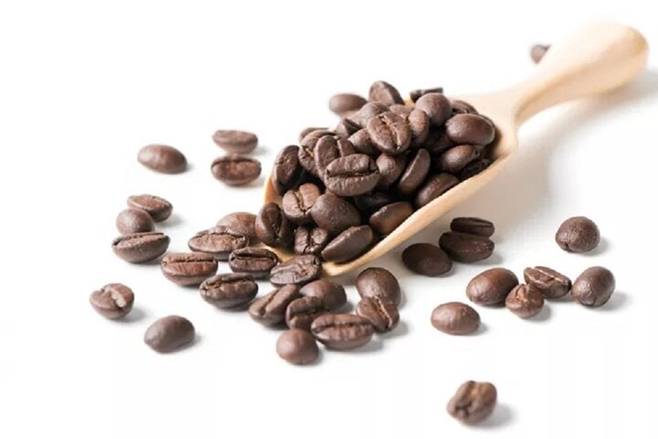
Coffee stored in the freezer will lose its flavor. (Image: Getty)
Fried foods
For fried foods such as fried chicken, french fries, placing them in the freezer compartment will make the crispy breading become soft, soggy, and watery.
Mayonnaise
When thawed, mayonnaise will separate and no longer have the creamy consistency it had originally. Therefore, mayonnaise is a type of food that should not be stored in the freezer compartment.
Carbonated drinks and beer
On hot days, many people like to refrigerate their soft drinks or beer in the freezer compartment without realizing that this can cause the cans to explode like a bomb.
There have been many cases of serious injuries due to this dangerous habit of the users. Therefore, you should never put carbonated drinks in the freezer compartment.
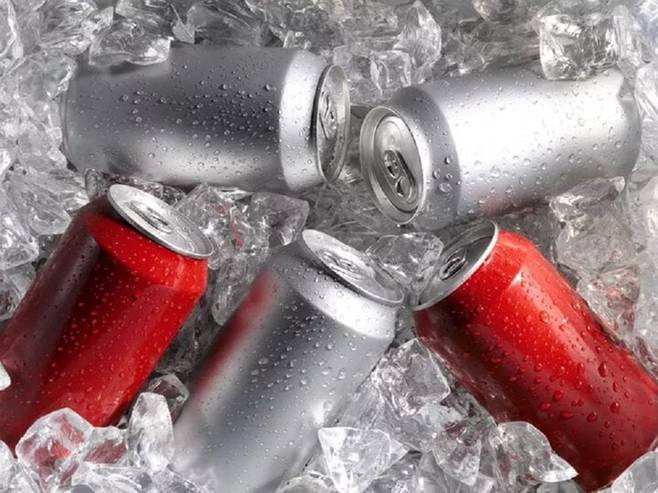
Carbonated drinks and beer should not be stored in the freezer compartment. (Image: Getty)
Thawed food
If you take out raw foods such as meat, fish from the freezer compartment, they should not be put back in the same place. Thawed food can undergo changes in structure, flavor, and be more susceptible to harmful bacteria. Therefore, you need to divide fresh raw food into small portions and only thaw the amount needed to avoid wasting food.
Notes on preserving food in the freezer compartment
– Adjust the freezer compartment of the refrigerator to the lowest level, about -10 degrees Celsius, as at this temperature, the majority of bacteria will temporarily cease to grow.
– Wrap or place the food in a container before putting it in the freezer, however, avoid using colored nylon bags.
– Drain excess water from food before placing it in the freezer.
– Thaw food properly.
– Thawed food should be used up in one go, and should not be refrozen.
Source: VTC news

